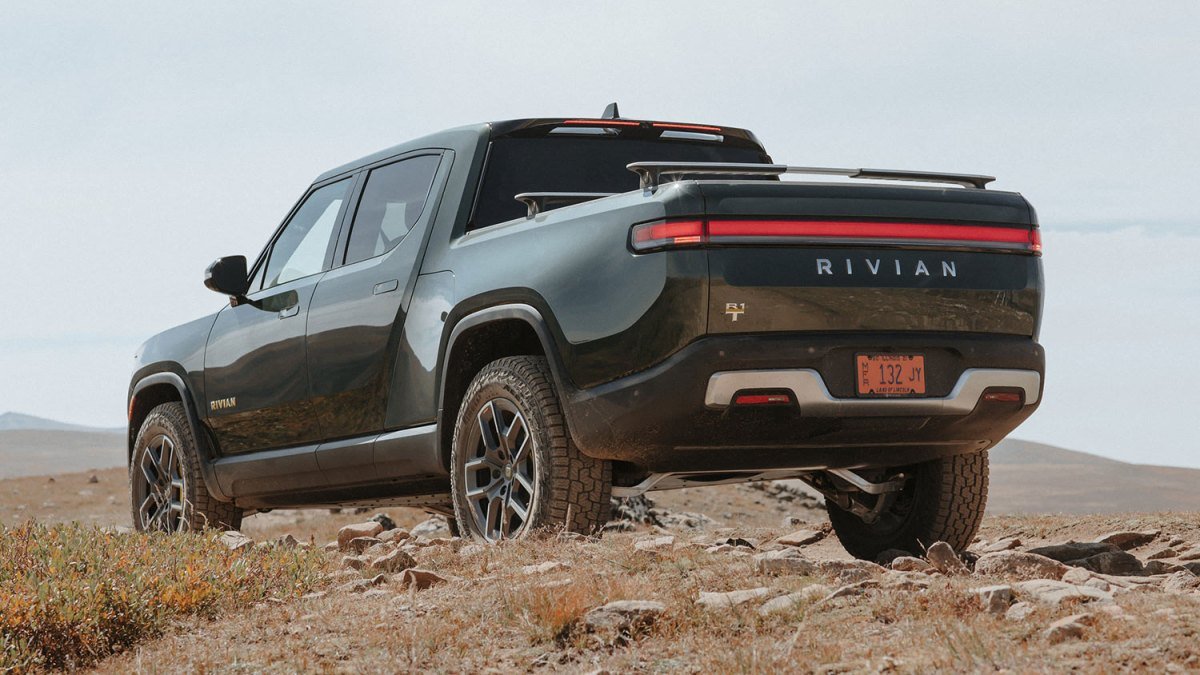Rivian, a major player in the ever-growing market for electric vehicles, is facing a challenging financial landscape. In order to cut costs, the company has announced a 10% reduction in its salaried workforce and intends to also lay off non-manufacturing hourly employees. The news comes from founder and CEO RJ Scaringe in a company-wide email.
This is the third round of layoffs for Rivian since July 2022, when it first cut 6% of its workforce. Another 6% of jobs were eliminated in February 2023.
Despite more than doubling the number of electric vehicles built and shipped in 2023 compared to 2022, Rivian still suffered a loss of over $5.4 billion for the year. And now, the company has revealed that it only expects to produce 57,000 vehicles in 2024. As a result, Rivian plans to temporarily close its sole factory in Normal, Illinois mid-year in order to upgrade its manufacturing line, with hopes of increasing production rates by 30%.
Scaringe explained that Rivian anticipates a loss of approximately $2.7 billion in 2024 and has made the decision to continue its “company-wide cost transformation program.” This includes changes to design and engineering processes, streamlining manufacturing, and more layoffs. Additionally, the company is expecting capital expenditures of $1.75 billion in 2024, which is an increase from the $1.03 billion spent in the previous year. These expenditures will go towards next-generation technologies, the construction of the future Georgia factory, and improvements to go-to-market operations.
The combined news of production and profit losses, along with the layoffs, caused Rivian’s stock to drop more than 15.6% in after-hours trading.
“Our business is facing a challenging macroeconomic environment – including historically high interest rates and geopolitical uncertainty – and we need to make purposeful changes now to ensure our promising future,” said Scaringe in an email to employees.
Rivian’s fourth-quarter revenue for 2024 was $1.3 billion, which is more than double the $663 million generated in the same period in 2022. For the full year, the company reported revenue of $4.4 billion, up from $1.66 billion in 2022. The majority of this revenue came from the sale of electric vehicles, with an additional $112 million coming from regulatory credits in the fourth quarter and $73 million for the full year.
On a net basis, Rivian reported a loss of $1.5 billion for the fourth quarter, a slight improvement from the $1.72 billion loss in Q4 2022. Adjusted for other factors, the company reported a loss of $1.1 billion, compared to a $1.5 billion loss in the same period last year.
Rivian, known for its all-electric pickup truck, SUV, and commercial van, has managed to improve its loss per vehicle, though not yet breaking even. In the fourth quarter, the company lost $43,372 per unit delivered, a considerable improvement from the $124,162 lost per unit in Q4 2022.
During an earnings call on Wednesday, Scaringe addressed this progress, saying “We took significant steps towards driving greater efficiency in 2023; gross profit per vehicle improved by approximately $81,000 when comparing the fourth quarter of 2023 to the fourth quarter 2022. As we start 2024, I want to emphasize our team’s continued sense of urgency and ownership mindset in driving further efficiency throughout the organization.”








